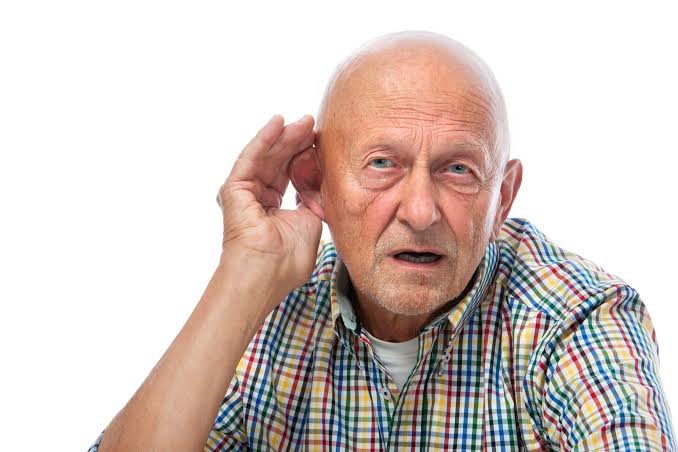When we think about dental health, we often focus on our smile, chewing ability, or even heart health. But what if I told you that your teeth could be playing a role in how well you hear?
Yes, you read that right: Tooth loss and hearing loss may be more connected than we think.
Let’s explore how something going wrong in your mouth could potentially affect your ears.
🧠 The Mouth-Ear Connection: More Than Just Close Neighbors
Anatomically, the structures of the jaw, teeth, and ears are tightly interconnected. The temporomandibular joint (TMJ), for instance, lies just millimeters away from the ear canal. Inflammation, misalignment, or tension in this area can cause symptoms like tinnitus (ringing in the ears), earaches, or even dizziness.
But beyond mechanical proximity, science is uncovering deeper physiological links between tooth loss and hearing.
🦷 Tooth Loss and Its Ripple Effects on the Body
When teeth are lost—whether due to gum disease, decay, or injury—it doesn’t just affect your bite. Here’s what can happen:
1. Jawbone Deterioration: Teeth stimulate the jawbone when you chew. Without them, the bone can shrink, potentially altering the alignment of the jaw and surrounding structures.
2. Increased Inflammation: Gum disease and tooth infections release inflammatory cytokines into the bloodstream. Chronic inflammation has been linked to a wide range of systemic problems—including hearing loss.
3. Poor blood Circulation: Conditions like periodontitis are associated with atherosclerosis (narrowing of blood vessels), which can reduce blood flow to the cochlea—the inner ear organ essential for hearing.
4. Nutritional Deficiencies: Tooth loss can limit the types of food you eat, leading to poor nutrition. Deficiencies in key nutrients like B12 and folate are linked to hearing decline.
🧬 Scientific Evidence: What the Research Says
Several studies have started to investigate this curious connection:
• A 2021 study in the Journal of Clinical Periodontology found that individuals with severe gum disease had a higher risk of hearing loss, especially in older adults.
• A 2020 Korean study showed that tooth loss was associated with high-frequency hearing loss, even after adjusting for age and other health conditions.
• Researchers suspect that chronic inflammation and vascular issues are common pathways impacting both oral and auditory health.
Ill fitting dentures can aggrevate the problem
Many assume that dentures fully restore function after tooth loss. While they help with appearance and chewing, they don’t replace the biomechanical stimulation of natural teeth, meaning jawbone loss can still occur.
Also, poorly fabricated dentures which are not made by a specialist can alter jaw alignment and strain the TMJ—potentially not imporivng ear functions and affecting the temporomandibular joint
🛡️ Protect Your Hearing by Protecting Your Teeth
Here are a few ways to preserve both your smile and your hearing:
1. Brush your teeth regularly
2. Visit your dentist regulary for dental checkups
3. Always replace missing teeth with dental bridges or dental implants as it may result in jaw bone alterations
4. Incase of complete denture wearer it is advised to get a new pair of denture every 4 year in order to prevent loss of hearing

